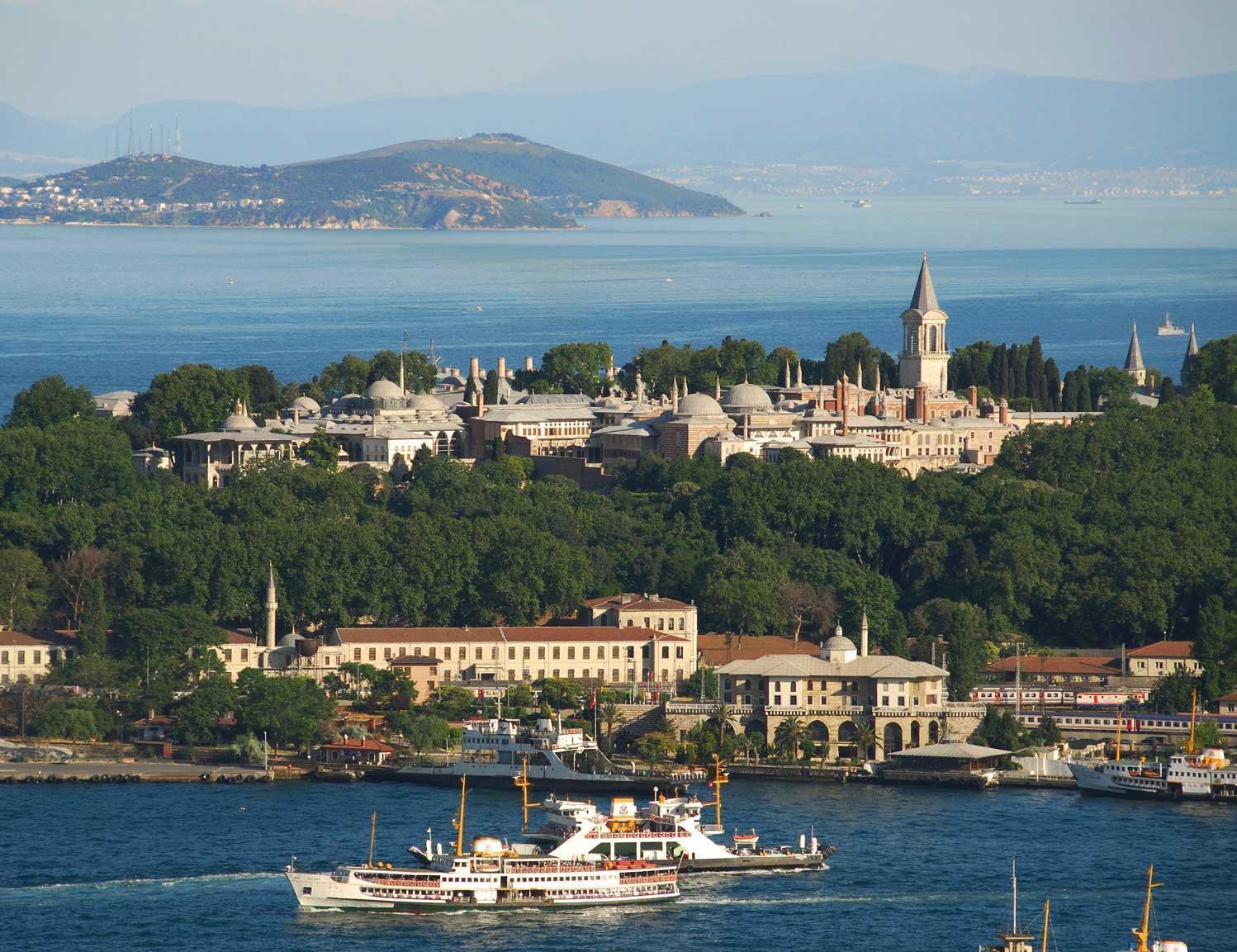
Istanbul’s former seat for Ottoman sultans Topkapı Palace has been saved from getting zoned for construction. The decision, made by the Cultural Heritage Conservation High Council, allows the palace to keep its “first-degree” archeological site status following an ongoing debate.
The council, which met in Ankara on March 7, ruled that the outcome of the Sept. 15 debate was “inappropriate,” overturning a decision to downgrade the conservation status of “Hasbahçe,” the palace’s garden, which has been listed as a “first-degree” conservation area for the past 22 years.
On Aug. 12, 2017, the Fatih Municipality applied to the Istanbul’s Fourth Cultural Heritage Conservation District Board in order to downgrade the protection status of the “Hasbahçe.”
The reasoning was that the garden area needed to be downgraded in status so that a wrecked mansion and palaces in the area could be restored or rebuilt depending on their conditions.
The municipality suggested that the areas that include the Topkapı Palace Museum’s buildings would remain first-degree archeological protected sites, while three yards, military depots, the area of the former printing school and Hasbahçe, which lies between the palace walls and former railways, would become a third-degree archeological protection area.
The board, at the time, did not object to the application, which paved the way for “controlled construction” in any part of the garden.
The latest decision, however, ruled to revert to first-degree status.
While constructions in first-degree areas are completely banned, third-degree status lets museum authorities decide on whether to allow “controlled” construction.
“I welcome the decision. We have dodged a huge responsibility with this,” Mustafa Demir, mayor of Fatih, said following the council’s ruling.
“With this decision, the Topkapı Palace is both protected and the path to rejuvenation has been paved,” he added.
Reconstruction work on mansions and palaces within the palace walls will only be permissable after showing proof of foundations or evidence found in historical documents, photographs or engravings, the board has decided.
Sur-u Sultani, the walls that encircle the palace and which include the Hasbahçe, was declared a first-degree archeological protection zone in 1995 and is listed as a UNESCO World Culture Heritage area.
Topkapı Palace, which overlooks the confluence of the Bosphorus and the Marmara Sea, was a major residence of the Ottoman sultans for almost 400 years (1465-1856) during the empire’s 624-year history.
It is now a museum and a major tourist attraction and contains a number of important relics of the Muslim world.